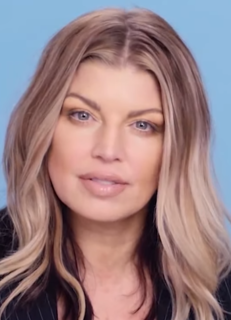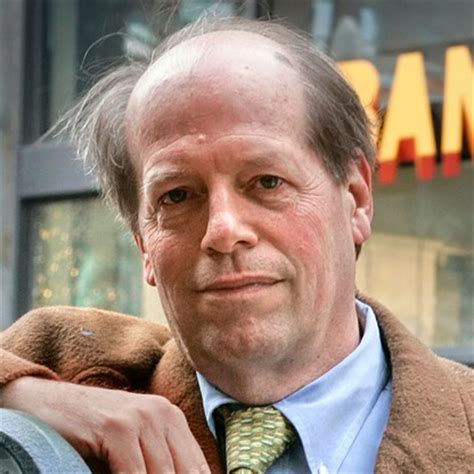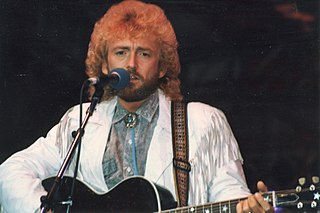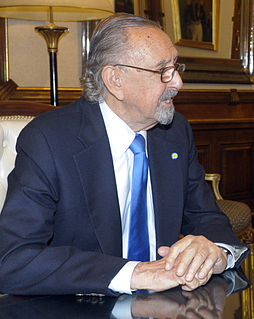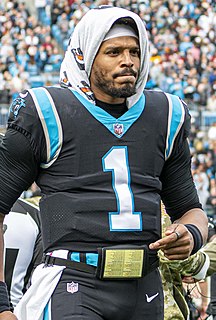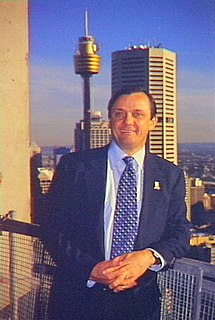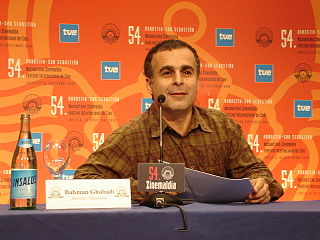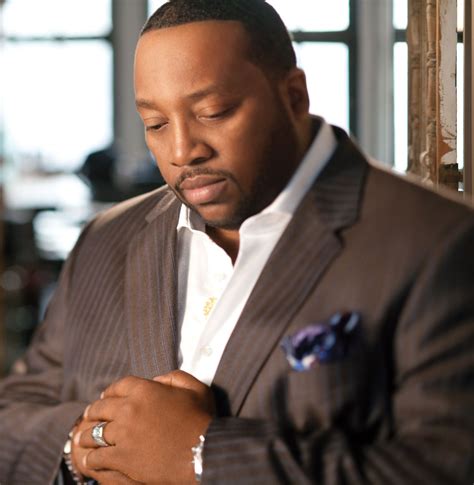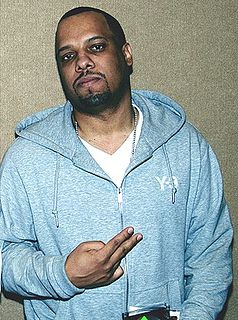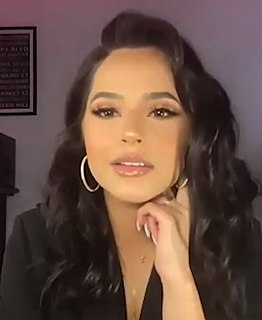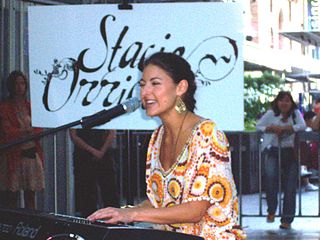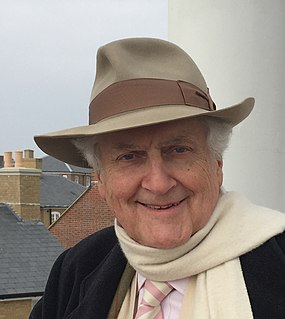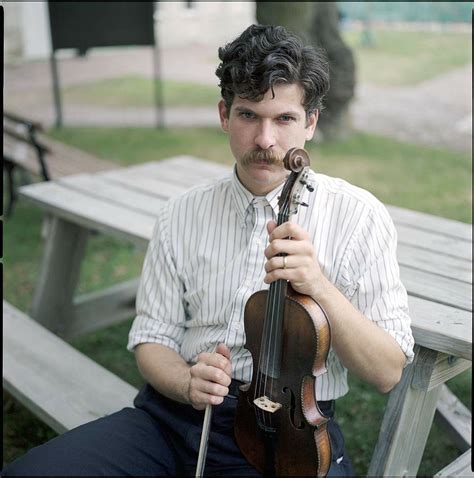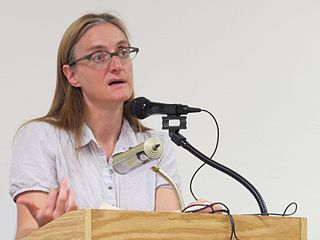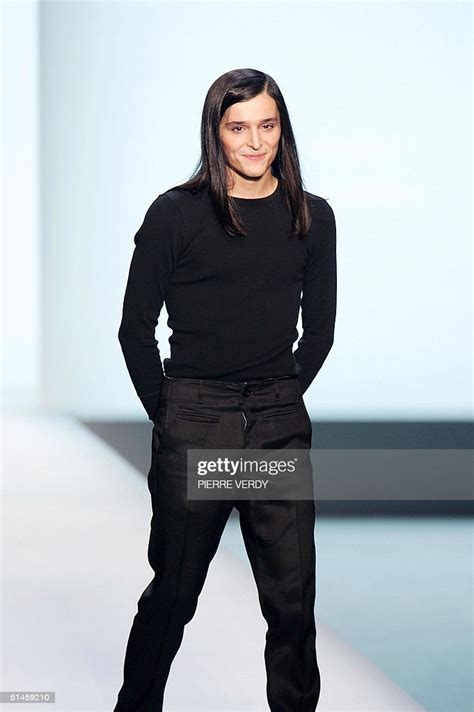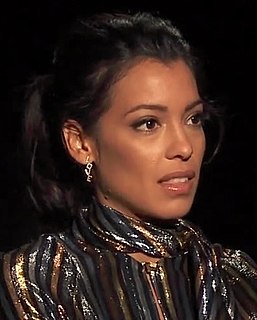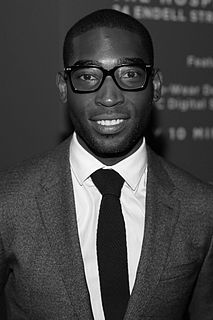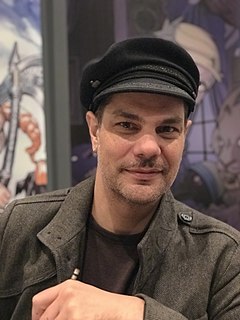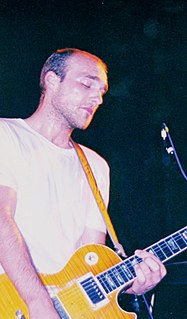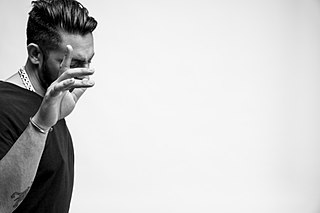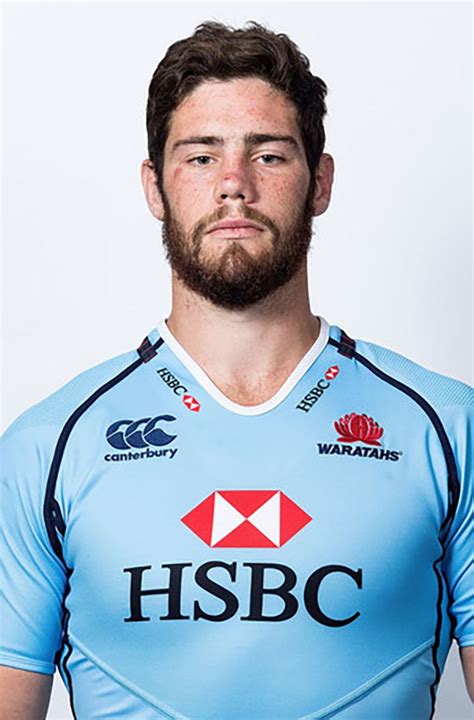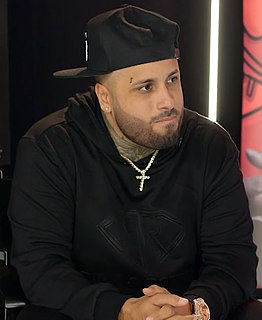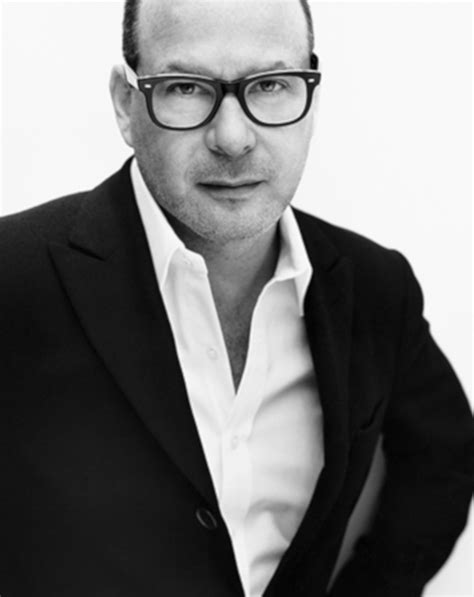Top 1200 Urban Music Quotes & Sayings - Page 2
Explore popular Urban Music quotes.
Last updated on November 21, 2024.
As the world's "most dynamic" cities seek to manage their own urban growth, American state and local officials have much to offer. Our mayors can share their experiences in urban design, clean energy projects, Smart Grids, codes for energy efficient buildings, transportation safety, and innovative environmental solutions.
I like to say I had a very varied undergraduate education. I was an English major first, and then at the end of my college career I decided I was interested in urban planning. I became an urban studies major, with a minor in poetry. I don't think I knew what I was looking for in my early twenties, but I know I kept not finding it.
I used to hate the urban environment and the urban din. But I realize now that it's really not that much different than living next to a waterfall for wildlife. Most wildlife - unless they're specifically adapted - avoid being around a waterfall or whitewater streams and rivers because it jams their sense of surveillance. They are more vulnerable, and their message loses intelligibility. Now, the ouzel is able to overcome that in various ways. Back to the urban environment, we're talking and delivering messages as if we weren't next to a waterfall, and that's a problem.
Permaculture offers a radical approach to food production and urban renewal, water, energy and pollution. It integrates ecology, landscape, organic gardening, architecture and agro-forestry in creating a rich and sustainable way of living. It uses appropriate technology giving high yields for low energy inputs, achieving a resource of great diversity and stability. The design principles are equally applicable to both urban and rural dwellers
The joy is actually in the music. It's the music that supports you and tells you what to do. It tells you how to fill the music. You don't have to be shy about feeling the music when you're singing. If you believe in music-the power of music-the music will support you and take you to another dimension.
Living in cities is an art, and we need the vocabulary of art, of style, to describe the peculiar relationship between man and material that exists in the continual creative play of urban living. The city as we imagine it, then, soft city of illusion, myth, aspiration, and nightmare, is as real, maybe more real, than the hard city one can locate on maps in statistics, in monographs on urban sociology and demography and architecture.
Generally biobanking is really designed more for urban areas, with the offsets being offered in non-urban areas. It may be able to help in some circumstances, but it depends a lot on what we're talking about here. But biobanking does allow for offsets in relation to a specific species, as well as specific ecological communities as well as land. It's quite a flexible tool.
Architects in urban planning are talking about this but they're not talking about it yet I don't think at that level that [Buckminster] Fuller is talking about when he talked about putting a dome over Manhattan, which is to say an attempt at integrating all of these different technologies in a way that makes for a city that, without having an actual dome, thermodynamically manages the heat flow for that urban environment and therefore makes it so that it is a highly efficient machine for a living or a dwelling machine as he would have preferred in terms of thermodynamically optimizing it.
Because we're becoming such an urban nation, we're going to need to be producing so much more food in cities. These institutions have members, obviously. They have the resources to start projects like urban farms and gardens, teaching tools, and the ability to educate their members so that they can then go home and start their own urban gardens. I just really think that faith-based institutions can take the lead in creating community-based food systems, and I'd really like to see that happen.
By 2050, seven out of ten people will live in cities, which will account for six billion people living in urban areas. That phenomenon is central to all the challenges humanity faces. If there is an issue to be addressed, then it is certainly happening in cities and therefore must be considered on an urban scale.
This was early '90s and in New York hip-hop was coming on really strong; that was the sort of urban folk music that was almost threatening to eclipse rock music and indie rock music in terms of popularity, which it has certainly gone on to do. But you know, this is the end of the 1980s, beginning of the '90s. The whole independent label thing has really evolved to this incredible point from the early '80s when we started, and there wasn't one record label at all, until a couple people started forming these small labels.
I am very determined when it comes to my music, and I grew up just loving those singers who had that urban sort of feeling. So when it came down to making my record, I wanted to have that as well. ForeFront was really good about letting me go in that direction and then of course adding the more pop sounds. I feel very fortunate that I got to explore some unique and creative angles musically.
A city can only be reconstructed in the form of urban quarters. A large or a small city can only be reorganized as a large or a small number of urban quarters; as a federation of autonomous quarters. Each quarter must have its own center, periphery and limit. Each quarter must be a city within a city.
I subscribe to the online Urban Dictionary's definition of nerd: 'one whose IQ exceeds his weight'. I'm also keen on the same Urban Dictionary's definition of geek: 'the person you pick on in high school and wind up working for as an adult'. I happily proclaim myself a book nerd/reading geek and proud of it.
We've gone through the urban renewal cycle in the '60s and '70s that really did a lot of damage to the fabric of urban life - neighborhoods bulldozed and highways pushed through, and all that kind of stuff that really destroyed the kind of social underpinning and the kind of mom and pop stores and all the stuff that makes a community viable.
As cities get more dense, you have people saying, "Why would you have an urban farm when you could have affordable housing on that property instead?" So there's an argument against it. Another huge thing is there's a brain drain toward growing marijuana. You know, if someone has a green thumb in an urban area, especially in places like Washington or Oregon where it's now totally legal, why wouldn't you just grow pot?
I love to be in New York. And I think anybody who's a designer, who says they're doing an urban collection, thinks about the streets of New York. I cannot do an urban collection thinking of Bangkok. Or Mexico. To me, it's totally instant, totally connected with what attracts me these days. But this resurgence of a modern, cool way of being dressed is something that stimulates me and is totally right for me. Even now I don't like to show something that is some futuristic utopia.
What is missing in a lot of urban music is perspective. You hear a lot of regurgitated perspective. It's a lot of: out at the club. Had drinks. Patrón. Big booties. It's this regurgitated idea of living in this, I don't know, one-night-stand moment that always starts at the club and Patrón. And so perspective, perspective, perspective is what I'm an advocate of.
I started studying herbalism and edible plants that existed in the wild. And then I realized, "Okay, cool. I know how to make a fire with sticks and I know how to build a shelter, but I live 90 percent of my life in an urban environment, so these skills aren't really going to help me because there aren't trees that grow in Los Angeles that I can just take a branch and make fire out of, because that wood isn't conducive for that. So I started learning urban survival skills.
Dizzee's just my childhood hero. He's definitely the inspiration. He's got himself to a very good place. He's defied the expectations of what British black urban music was like. He was the first person who made the rest of Britain realise it wasn't just a one-album-type situation. You've got to take your hat off to somebody like that.
I envision a day when every city and town has front and back yards, community gardens and growing spaces, nurtured into life by neighbors who are no longer strangers, but friends who delight in the edible rewards offered from a garden they discovered together. Imagine small strips of land between apartment buildings that have been turned into vegetable gardens, and urban orchards planted at schools and churches to grow food for our communities. The seeds of the urban farming movement already are growing within our reality.
I think of my life as divided between a lot of different periods. I grew up in the country, but as I got older I became more of an urban person. That's really when I started to become more of a creative person who was interested in fine arts, painting, drawing, and music. I studied jazz for a long time. Looking back, all those things were great training.
People go to the big urban centres because they have a quality of life, a quality of intellectual inquiry in the big urban centres that you don't necessarily have in smaller, rural communities. I've got loads of friends and relatives that live there. People like living there, bringing up their kids there and all that stuff, but it'd be the death of me. I couldn't be in a small town, ten minutes I'd enjoy it, and then I'd get fed up because you're so constrained and constricted by it.
